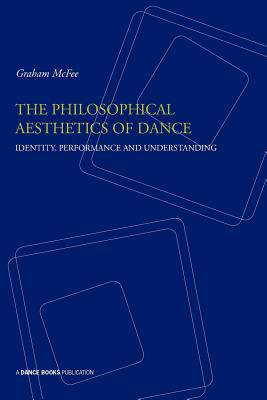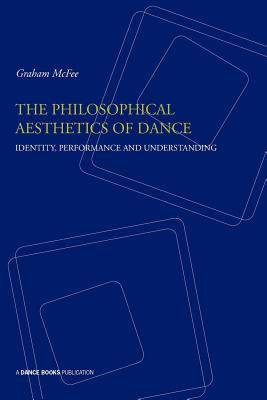
- Retrait gratuit dans votre magasin Club
- 7.000.000 titres dans notre catalogue
- Payer en toute sécurité
- Toujours un magasin près de chez vous
- Retrait gratuit dans votre magasin Club
- 7.000.0000 titres dans notre catalogue
- Payer en toute sécurité
- Toujours un magasin près de chez vous
The Philosophical Aesthetics of Dance
Identity, Performance and Understanding
Graham McFee
Livre broché
27,95 €
+ 55 points
Description
This work is a comprehensive account of central issues in the philosophical aesthetics of dance, intended for the interested general reader as well as for the postgraduate student.
Spécifications
Parties prenantes
- Auteur(s) :
- Editeur:
Contenu
- Nombre de pages :
- 362
Caractéristiques
- EAN:
- 9781852731496
- Date de parution :
- 26-09-11
- Format:
- Livre broché
- Dimensions :
- 158 mm x 234 mm
- Poids :
- 530 g

Les avis
Nous publions uniquement les avis qui respectent les conditions requises. Consultez nos conditions pour les avis.






